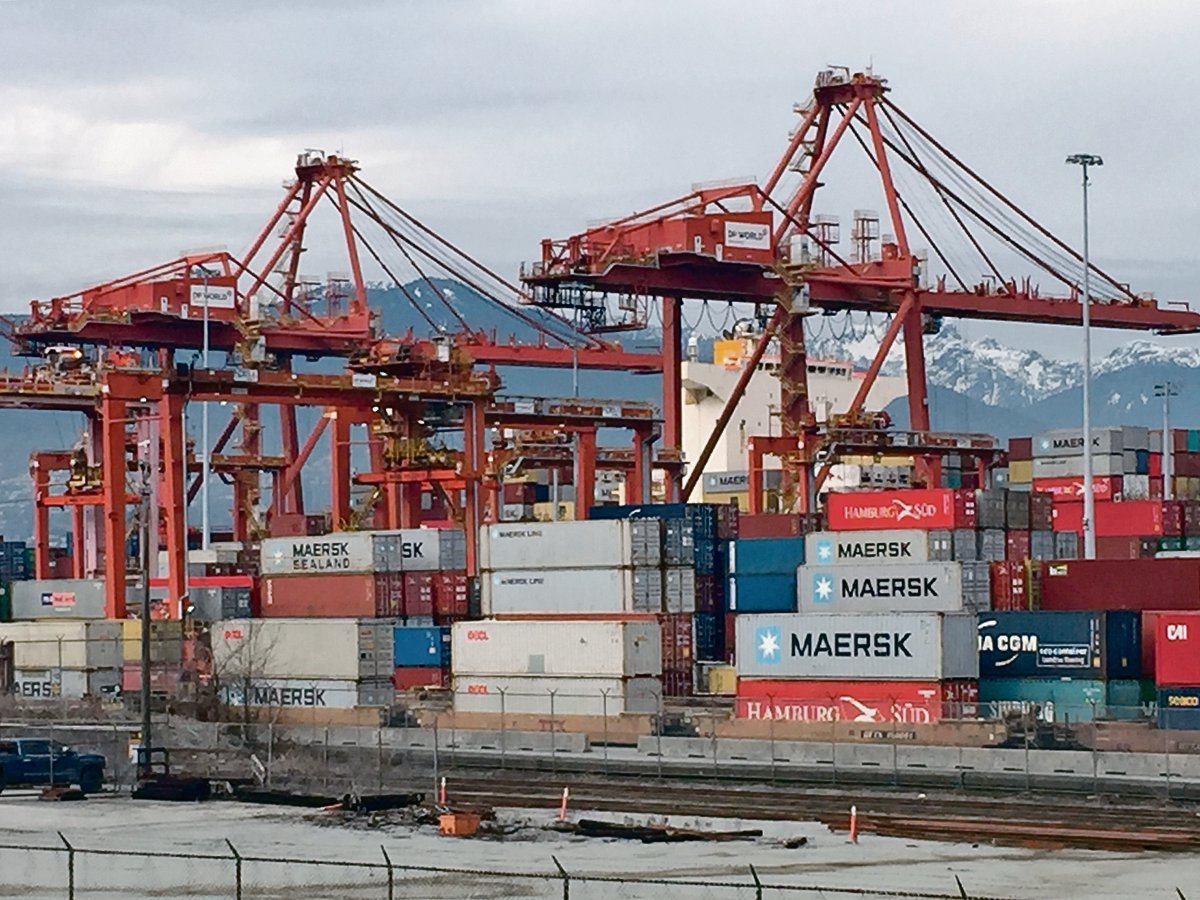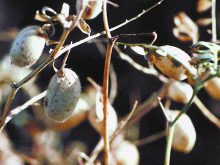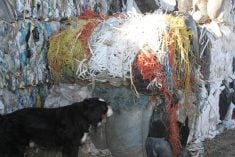Barley growers who used the Canadian Wheat Board’s CashPlus program in 2008-09 will receive a final payment of $12.89 a tonne later this month.
The payment, which works out to 28 cents a bushel, represents the spread between the average upfront payment farmers received when they signed their contracts and the actual sales revenue received by the board. The wheat board said sales under CashPlus averaged $19.15 a tonne more than the guaranteed upfront price paid to participants.
It determined the final payment after deducting costs of $6.26 a tonne for administration, country inventory storage and financing.
Read Also

Message to provincial agriculture ministers: focus on international trade
International trade stakeholders said securing markets in the face of increasing protectionism should be the key priority for Canada’s agriculture ministers.
That means a producer who had a CashPlus contract for $6.50 a bu. will get a total payment of $6.78 a bu. for 2008-09.
That is $1.38 more than the regular pool account for two-row malting barley that generated a return of $5.40 a bu., basis Saskatchewan.
Bob Cuthbert, wheat board senior barley marketing manager, said the agency is pleased with the response to CashPlus in its first year of operation.
Altogether, 1,236 farmers used the program, marketing slightly more than 400,000 tonnes of malting barley out of a total CWB malting barley program of 2.8 million tonnes.
Cuthbert said CashPlus, which was introduced in the face of strong opposition from malting companies and pro open market farm groups and politicians, accomplished what it was supposed to accomplish.
“It gives farmers an option to reduce the risk of forward selling out of the pool and enables maltsters to sell forward up to two years or more,” he said.
“Generally the feedback we’re getting from farmers who participated and malting companies has been positive.”
One exception is the Western Barley Growers Association, which wants an open market for malting barley and fought the introduction of CashPlus.
President Brian Otto said in a news release the WBGA has been told that the average holdback on CashPlus contracts was $25 a tonne and that CWB costs were $13 a tonne.
“The CWB appears to have diverted a substantial amount of the sales returns for malting barley to somewhere and someone other than malting barley farmers,” he said.
The Western Canadian Wheat Growers Association joined in the criticism, accusing the board of shortchanging barley growers and diverting barley revenue to other purposes.
Cuthbert said the organizations are wrong in their criticisms, adding he has no idea where the WBGA came up with the figures quoted in its news release.
He said the board will explain CashPlus operations and finances to farmers or farm organizations who ask, adding that a full, audited accounting of CashPlus will appear in the CWB’s annual report.
Cuthbert said no major changes to CashPlus are planned for 2009-10, but the board will work to reduce costs, focusing on making better use of computer technology.
Processing CashPlus now requires more manual activity than the board’s pool contracts, which are handled online.














